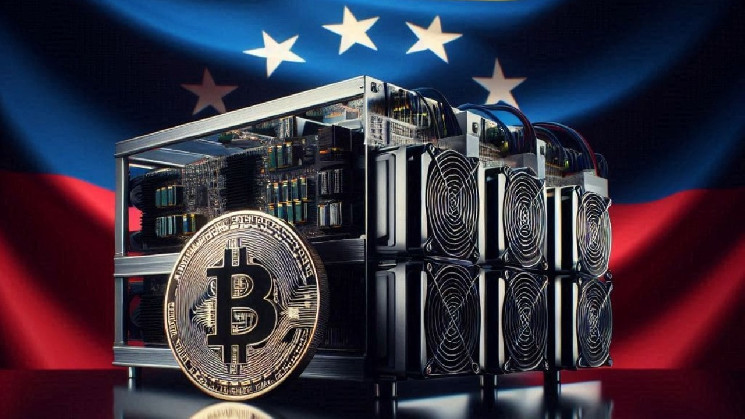According to local reports, clandestine bitcoin mining is thriving again in Venezuela, albeit at a small scale after the government ordered to disconnect all Bitcoin mining operations from the power grid. Local ASIC stores are still selling miners for small operations, that survive by hiding their farms in undisclosed locations.
Clandestine Bitcoin Mining Rises Again in Venezuela Amidst a Government Ban
Bitcoin miners have moved to operate underground in Venezuela, like in the olden days. According to local reports, the bitcoin mining ecosystem in Venezuela is still moving due to the action of small farms that due to their relatively low energy consumption can operate underground.
Owners of local mining equipment stores reported that they are now supporting small miners, offering combos and equipment that directly target their necessities. Jesus Montilla, executive manager of Crypto Tools, one of these stores, stated that the bitcoin miner’s market in Venezuela is still alive thanks to the ones that have turned to mining in clandestinity.
He stated:
At this point, it can’t die. There is that small investor with his ‘little machines’, and thanks to them, the market has not finished dying.
The Venezuelan government ordered the shutdown of all the registered Bitcoin mining farms in May, citing a growing energy crisis as the motive for this decision. As a consequence, over 17,000 miners have been seized and disconnected from the nation’s power grid, with large mining operations being the most affected.
A registered miner turned clandestine spoke with Criptonoticias on the issue, maintaining his anonymity. Owning an operation of 60 miners in an undisclosed location in Caracas, he states that underground mining is still a lucrative activity in the country, knowing and pondering the risks associated.
“Many miners have mitigated the risks and know where to establish clandestine mining farms. If you do things right, clandestine mining is the safest thing there is right now in Venezuela,” he stressed. In case a farm gets detected by authorities, he assesses that offering bribes will allow it to continue operating.
However, the miner acknowledges that this way of operating will be short-lived, given that there is no possibility of renewing the current miners for new equipment.
 news.bitcoin.com
news.bitcoin.com
